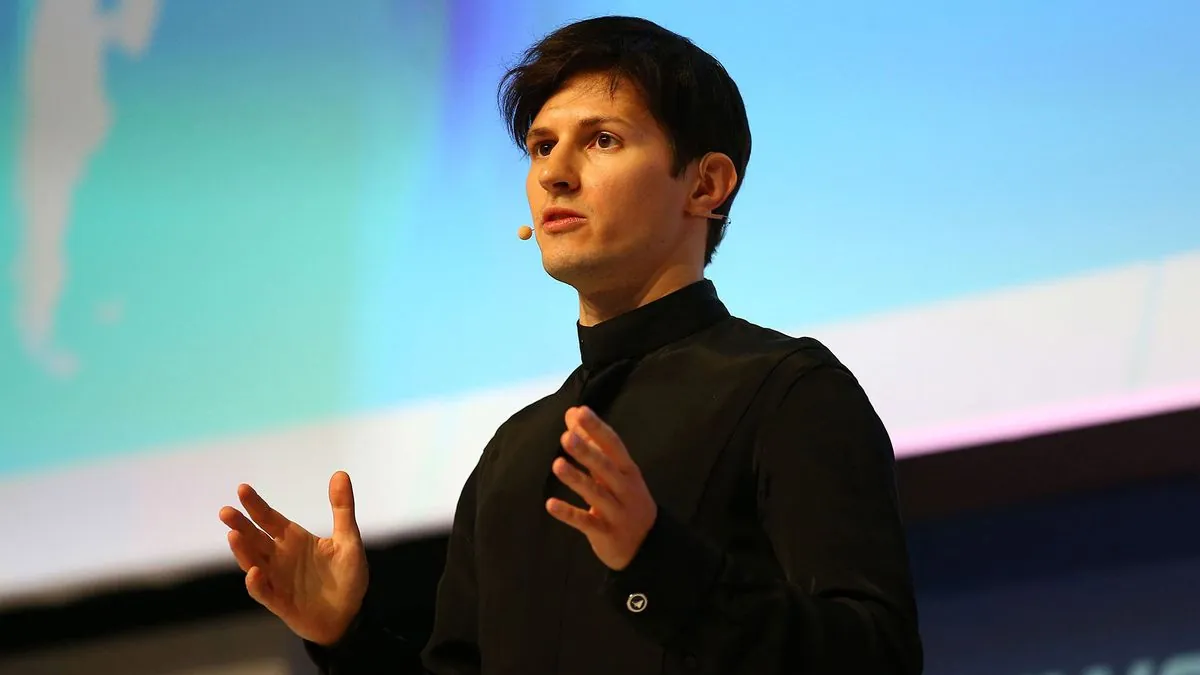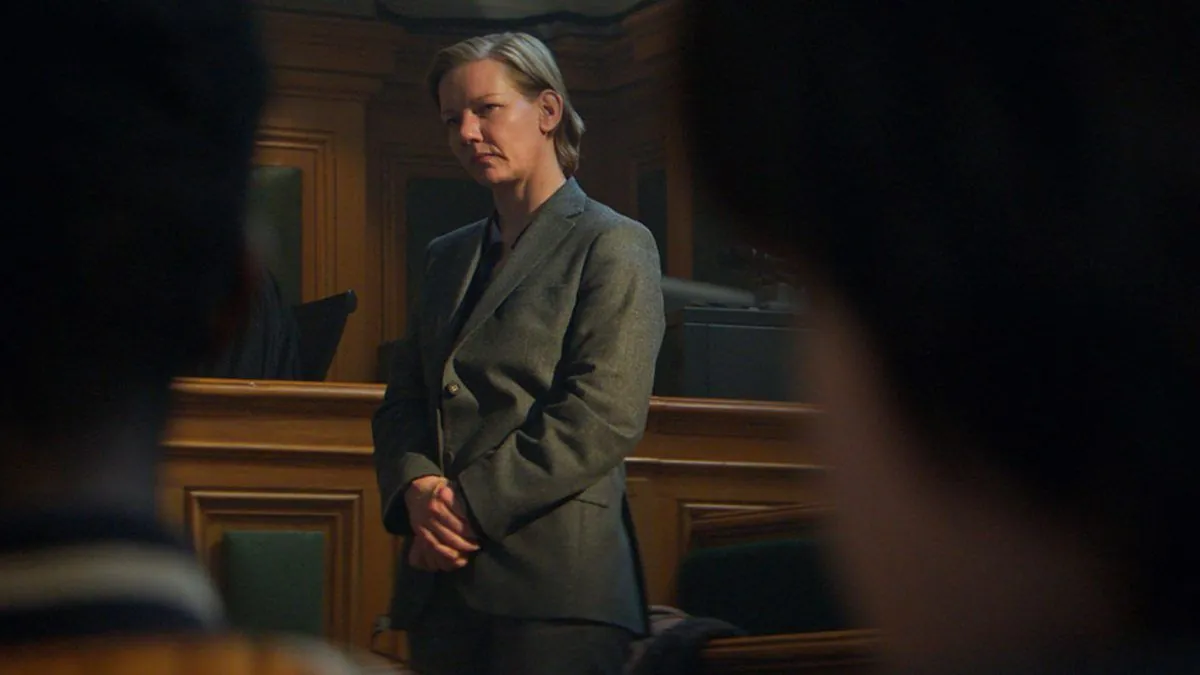Telegram's Dual Dilemma: Legal Woes and Monetization Struggles
Pavel Durov, Telegram's founder, faces legal charges in France while grappling with the app's financial challenges. The messaging platform seeks a viable business model amidst mounting pressure from expiring bonds.

Pavel Durov, the founder of messaging app Telegram, is currently facing a dual challenge that threatens both his personal freedom and the future of his company. As of September 3, 2024, Durov finds himself unable to leave France due to legal charges, while simultaneously grappling with the pressing issue of Telegram's financial sustainability.
The legal troubles for Durov began on August 24, 2024, when he was arrested in France. Four days later, a French judge placed him under formal investigation for alleged complicity in facilitating illicit activities through Telegram. The charges include enabling the distribution of child sexual abuse material, drug trafficking, fraud, and money laundering.

In response to these allegations, Durov's legal representative, David-Olivier Kaminski, stated on August 29, 2024, that it was "absurd to say that a platform or its boss are responsible for any abuse" carried out on the platform. Kaminski asserted that Telegram operates in compliance with European laws.
While the legal battle unfolds, Telegram faces significant financial challenges. In 2023, the company generated revenue of $342 million, which, when divided by its estimated 850 million monthly active users, amounts to a mere 40 cents per user. However, Durov has previously stated that the average cost per user is less than 70 cents, implying a loss of 30 cents per user.
To address this financial predicament, Telegram could consider adopting an advertising-based model similar to Facebook. However, this approach comes with its own set of challenges, particularly in terms of content moderation costs. For context, Meta Platforms, which owns Facebook, has invested $20 billion in platform safety and security since 2016, employing 40,000 staff for this purpose.
Alternatively, Telegram could pivot towards a more messaging-focused model akin to WhatsApp. This strategy might help avoid the hefty content moderation expenses associated with public channels and large group chats. However, monetizing messaging services has proven difficult even for established players like Meta.
The pressure to find a viable business model is intensified by Telegram's financial obligations. The company has over $2 billion in bonds set to mature in 2026, adding urgency to its quest for profitability.
It's worth noting that Telegram, founded by Durov in 2013, has a complex history. The platform has faced bans in several countries due to concerns over its use by extremist groups. However, it has also been praised for its emphasis on privacy and has been utilized as a tool for political activism in various nations.
As Telegram navigates these challenges, the company's future remains uncertain. The platform's ability to balance user privacy, content moderation, and financial sustainability will be crucial in determining its path forward.
[[Pavel Durov on Telegram's mission]]
"Our mission is to provide a secure and private communication platform for users worldwide, while also ensuring the platform's long-term sustainability."
The coming months will be critical for both Durov and Telegram as they work to resolve legal issues and establish a profitable business model in an increasingly competitive and regulated digital landscape.


































